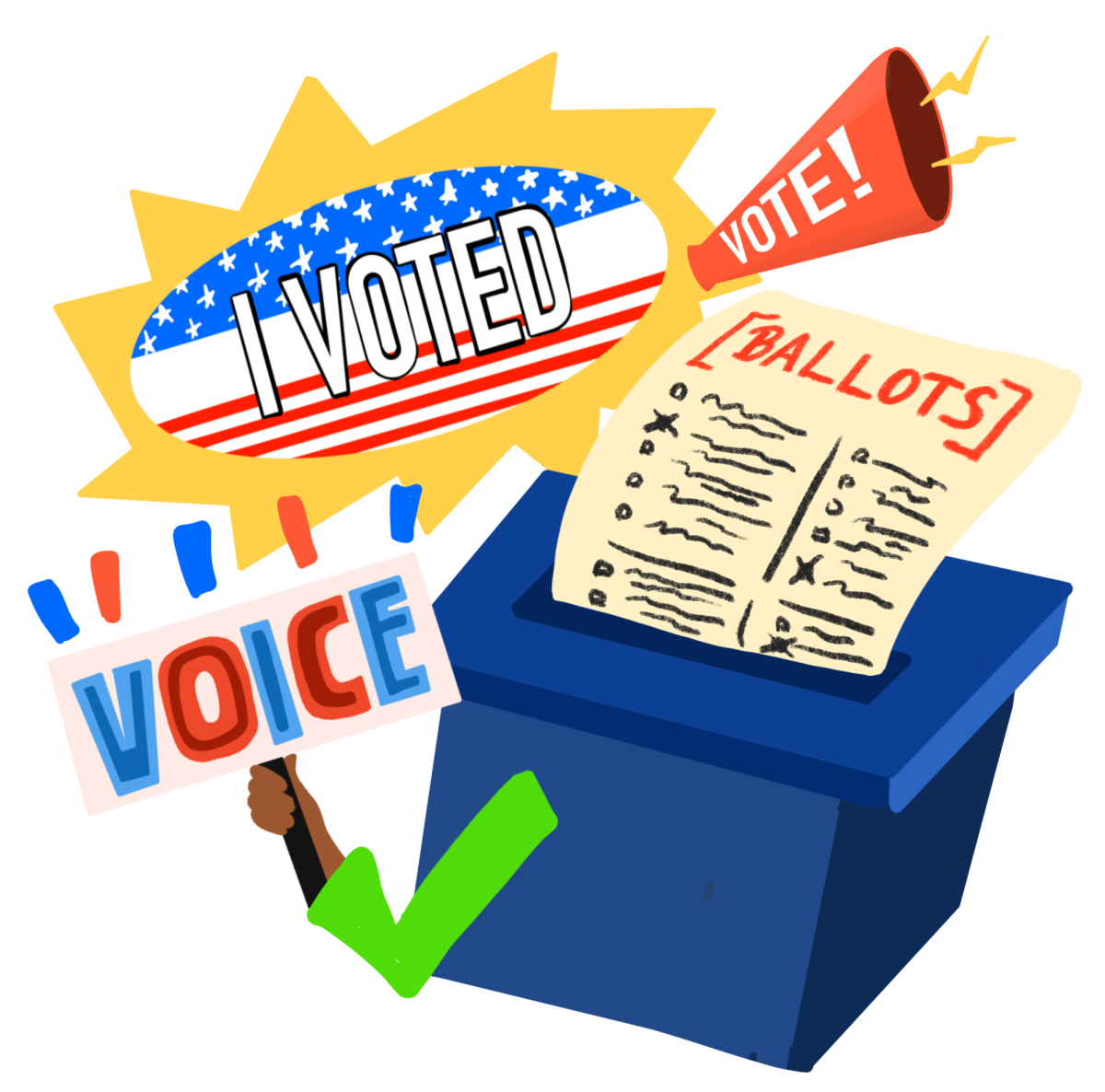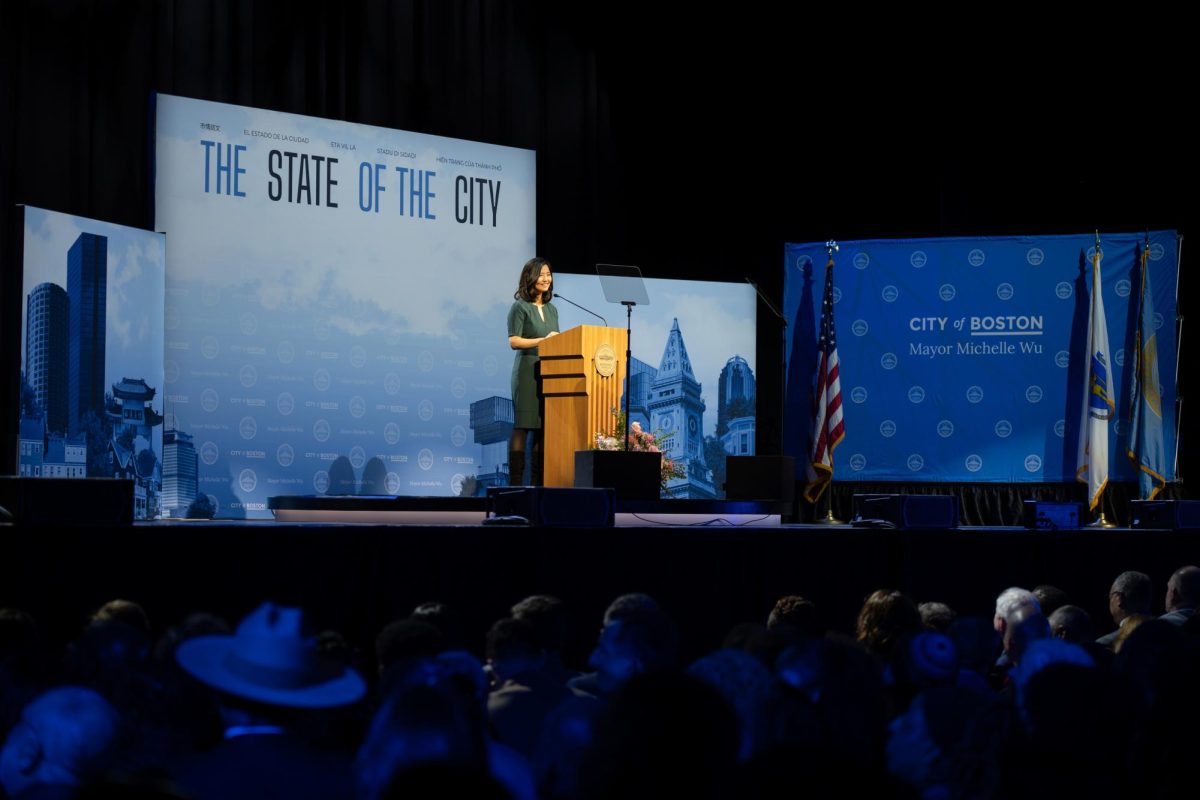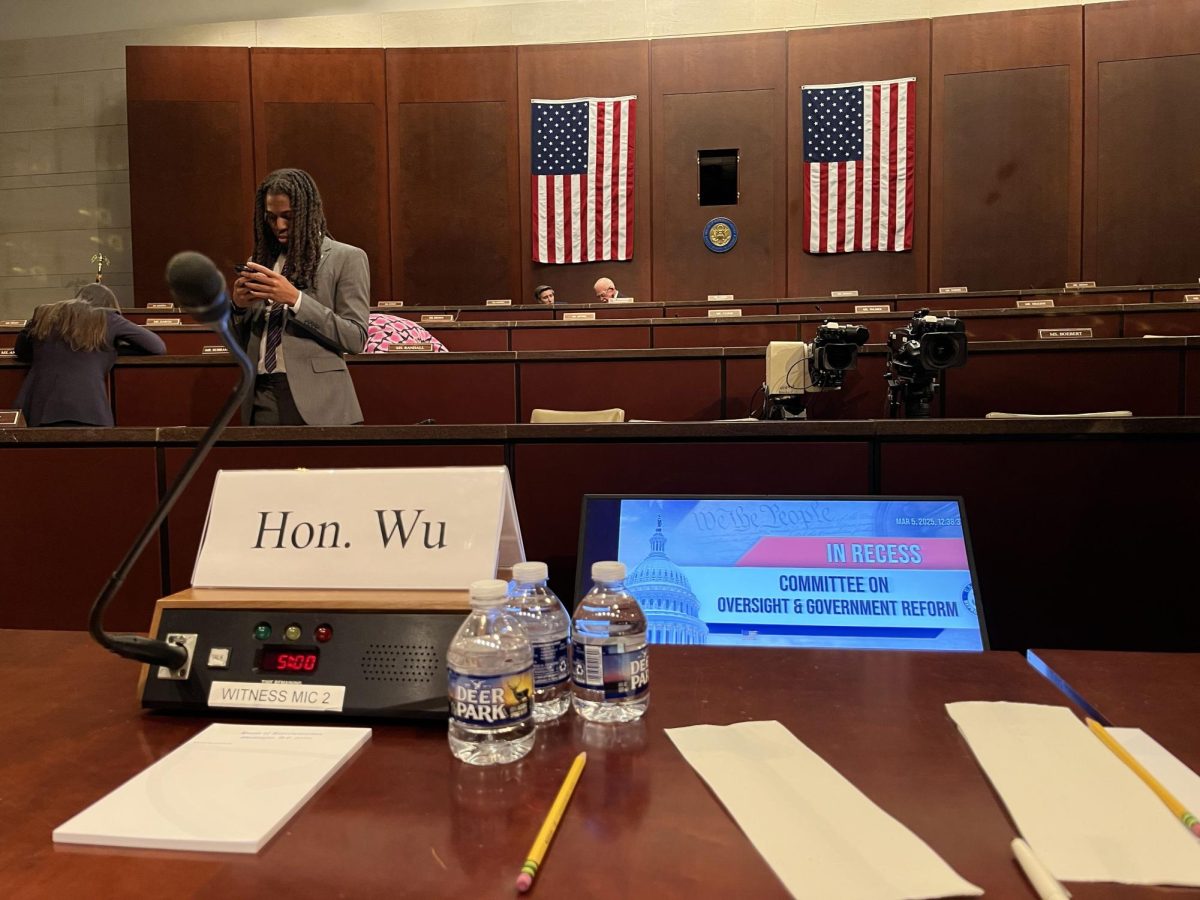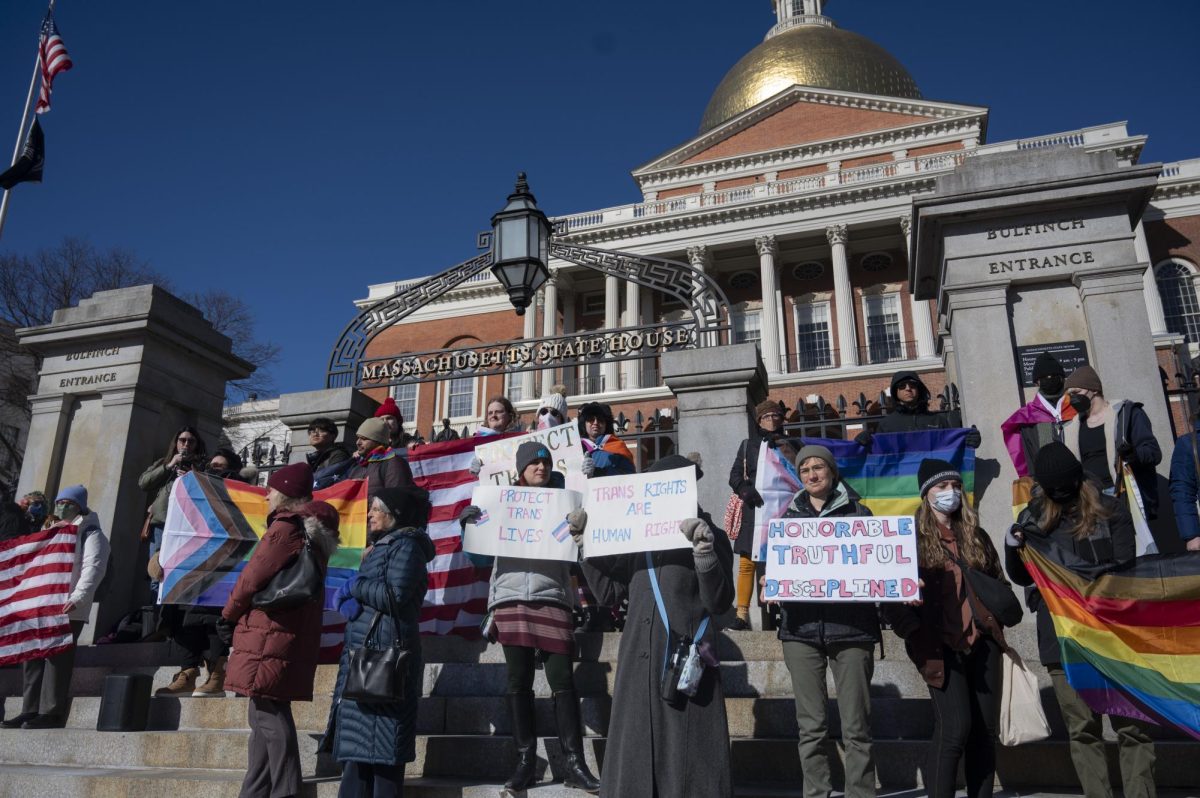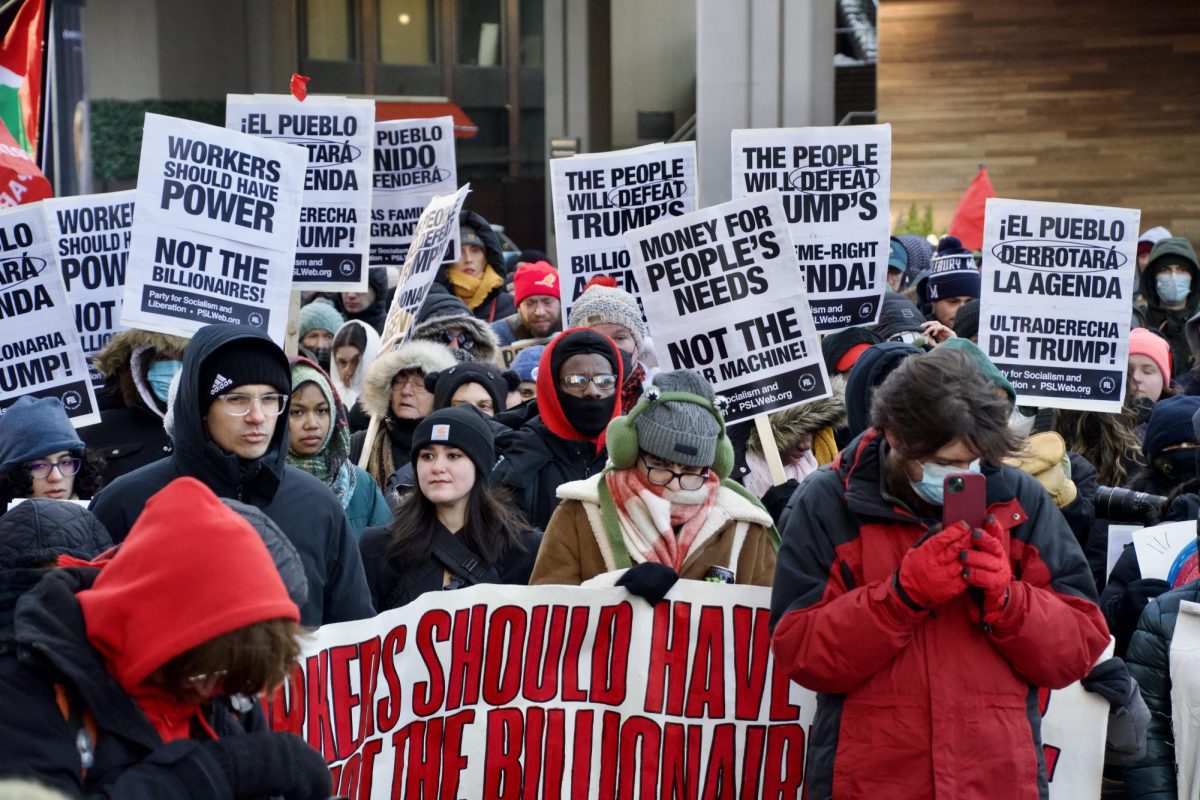National media outlets have extensively discussed the presidential election, but for many Massachusetts voters, their first time reading the five ballot measures is when they’re filling out their ballot. From the legalization of psychedelics to allowing the unionization of rideshare drivers, The News breaks down the questions Massachusetts voters will face tomorrow in the polls.
Question 1: State auditor’s authority to audit the legislature
The Massachusetts state auditor’s current role is to ensure state agencies follow existing laws, but the auditor does not have extensive investigative power. Question 1 asks voters whether the auditor should be allowed to investigate the state legislature, specifically to review documents and accounts.
Massachusetts State Auditor Diana DiZoglio proposed the ballot measure. Supporters of Question 1 believe the ballot measure will work to increase transparency in the Massachusetts Legislature. Opponents of the measure argue that there must be separation between the legislative and executive branches.
The Boston Globe Editorial Board endorsed Question 1 Sept. 30. The endorsement said the ballot measure wouldn’t fix all issues with the state legislature, but that it would be progress.
“But it sure wouldn’t hurt to shine a little light in at least some of those dark corners the Legislature has created for itself,” the Globe Editorial Board wrote.
Question 2: Elimination of MCAS as high school graduation requirement
Currently, high school students in Massachusetts must pass the Massachusetts Comprehensive Assessment System, or MCAS, exam to graduate. Question 2 proposes the elimination of the MCAS graduation requirement for students across the state. Supporters argue that a one-time standardized test is not a sufficient way to dictate graduation and that it pressures teachers to teach preparation for the test rather than overall education. However, opponents believe an objective requirement is necessary, which MCAS provides.
The main proponent and top donor for passing Question 2 and repealing the “high-stakes” MCAS exam is the Massachusetts Teachers Association, a union representing 117,000 educators across the state.
Governor Maura Healey, Massachusetts Secretary of Education Patrick Tutwiler and the Massachusetts Business Alliance for Education are notable opponents of this measure.
“We still need standardized testing,” Massachusetts House of Representatives member and former high school math teacher Jim Hawkins said in support of Question 2. “When we say we want to remove MCAS as a graduation requirement, that doesn’t mean there’s no graduation requirement. It just means that MCAS is the wrong thing to use.”
Question 3: Unionization for transportation network drivers
Currently, rideshare drivers using platforms such as Uber and Lyft cannot form unions in Massachusetts as they are considered “independent contractors.” Question 3 would authorize rideshare drivers who transport passengers to unionize, allowing them to negotiate with their employers for better working conditions, pay and benefits. Supporters of Question 3 believe the ballot measure will allow rideshare drivers to advocate for better working conditions.
Massachusetts Attorney General Andrea Joy Campbell endorsed Question 3 and is a proponent of rights for rideshare drivers. This past June, she reached a settlement with Uber and Lyft to allow drivers to accrue sick leave.
“Our settlement with Uber and Lyft secured an unprecedented package of minimum wage, benefits and protections for workers. It’s a strong foundation that can and should be built upon. I’m proud to support this ballot question, which if passed, would empower and allow workers to collectively bargain for even greater pay and benefits,” Campbell said in an email statement to The News.
There is no official campaign opposing Question 3.
Question 4: Limited legalization and regulation of certain natural psychedelic substances
There is no legal framework regulating the use and possession of certain psychedelic substances in Massachusetts found in plants and mushrooms including psilocybin, psilocin, dimethyltryptamine, mescaline and ibogaine.
Question 4 would allow the creation of therapeutic centers for people to utilize psychedelics for medicinal purposes under professional supervision. The measure would also allow individuals over 21 years old to grow and possess personal amounts of psychedelic substances. Proceeds from the retail sale of psychedelic substances would be subject to a 15% state tax, the measure would also authorize localities to levy an additional 2% tax.
“People should vote yes on Question 4 because the conditions that the substances seem effective in treating are life-threatening or debilitating,” said Graham Moore, educational outreach director of YesOn4. He said these conditions include post-traumatic stress disorder, opioid addiction and end-of-life anxiety and distress.
Proponents of this measure believe this law would allow for safer, regulated access to psychedelics while opponents argue the decriminalization of these substances could lead to substantial medical harm such as acute cardiac problems and long-term neurological effects.
Question 5: Minimum wage for tipped workers
This measure would gradually increase the minimum hourly wage employers must pay their workers over five years. Under this law, if an employer pays its workers the state minimum wage, all tips earned by workers at an establishment may be pooled by the employer and distributed evenly among all employees, including those who are not tipped.
Proponents of Question 5 believe that the proposed law would provide greater financial stability and ensure larger corporations pay their employees minimum wage in addition to tips rather than allow tips to serve as a subsidy for a minimum wage. Notably, the Committee to Protect Tips and the Massachusetts Restaurant Association oppose this measure. These groups believe this measure could backfire through substantially increased business costs which could result in layoffs and lower tips.
“I like the money that I make. I have mouths to feed, I don’t want to take a pay cut,” said Mark Szkolnik, who has worked at The Westland on Westland Avenue for two years.
If the ballot measure passes, Szkolnik believes food prices will double, and back-of-house staff who do not interact with customers will benefit from the tips front-of-house staff earn. He said everyone at The Westland agrees about opposing the measure, including customers who come in and inquire about the sign on the door.
“We’re all against this. It’s someone from another state, all [the way] across the country, trying to ruin our happiness. It’s not going to happen,” Szkolnik said.
News staff Sarah Mesdjian and Alexa Coultoff contributed reporting.
The Huntington News is dedicated to serving the Northeastern University community with original, professional reporting and creating an environment in which student journalists can learn from one another. Support an independent, free press at Northeastern University with your donation today.




